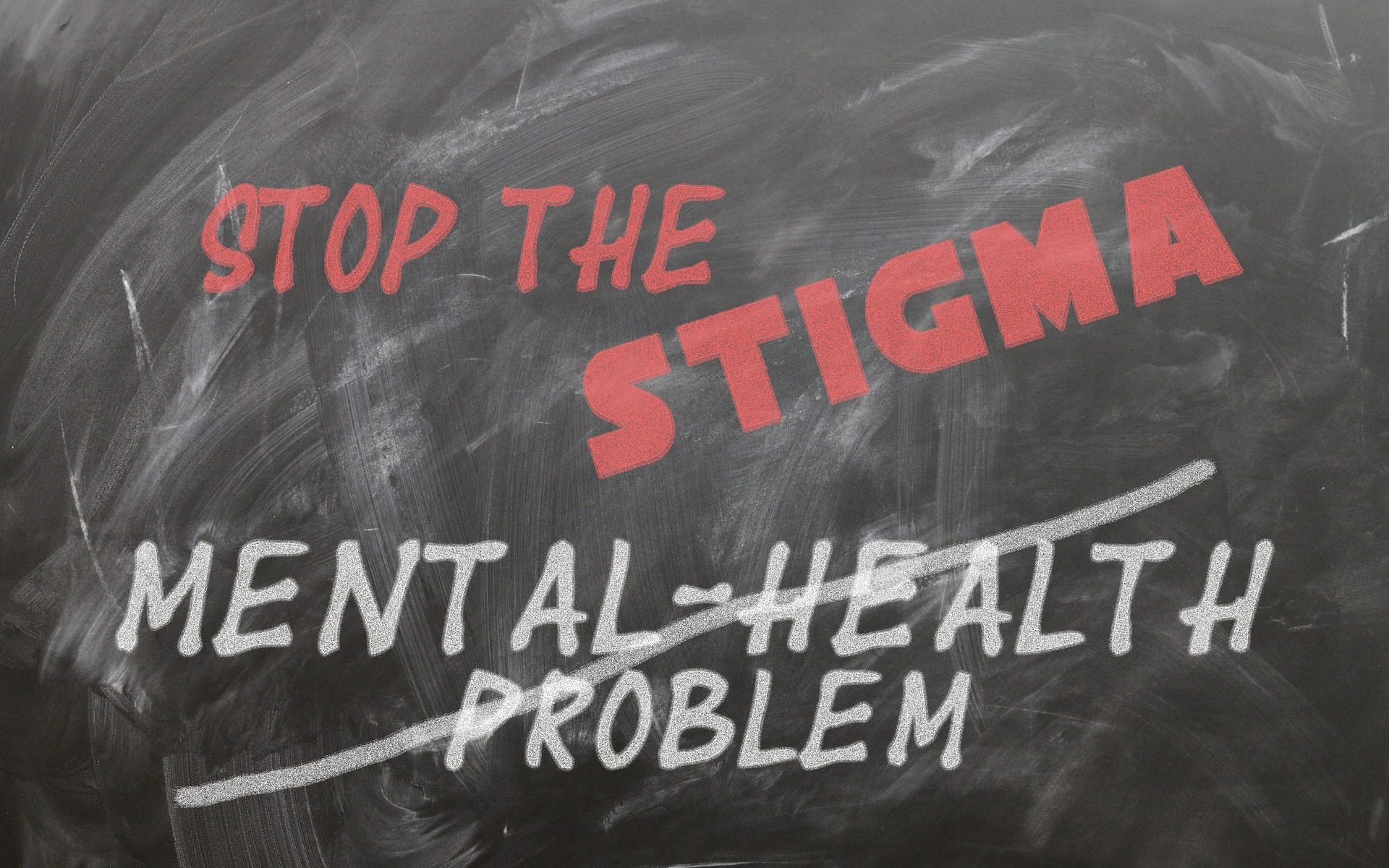Here’s an interesting news story. After “mysteriously vanishing from the spotlight” two years ago, RCMP Staff Sgt. Jennifer Pound, a twenty-two-year veteran of the RCMP and for six years, the “public face” of the integrated homicide investigation team (IHIT) in Metro Vancouver, is emerging as the RCMP’s new face of post-traumatic stress disorder (PTSD). Here’s my take on the story. Is she really? Or, is Pound the chosen one to finally get the media’s attention (and stay there) to highlight just how broken the system is when it comes to the RCMP providing support and resources to its mentally injured members? Here’s part of her story.
Continue reading “Recognizing PTSD – Could Power Pave the Way?”PTSD: How it Impacts Relationships and What You Need to Manage Them
As a bereaved mom of a daughter who died by suicide in 2005, I have long been a proponent of change in how we view difficult loss and grief in our culture and the importance of understanding trauma and PTSD associated with certain types of loss. Not only for grievers, but everybody supporting them through their grief process.
It’s not only child loss that can traumatize people, but keeping it to bereaved parents for a moment, I am certain there isn’t one mom or dad out there who hasn’t been traumatized by the loss of their child, no matter the cause of death. They may even have PTSD and not know it. Little to no information is available on the topic. Despite the lack of information on the risk of PTSD for bereaved parents, it is encouraging to see that a quick internet search pops up a number of articles and studies done on PTSD in parents coping with a critically ill child, which is progress. (As an aside, there is even research for traffic accident victims who have PTSD). I remain astounded at the apparent lack of information and interest to take up this cause for the grieving.
Read moreEarly Attachment and Trauma in Grief
How well we handle difficult and sudden loss and do or don’t recover from it – especially the death of a child – may depend on the early attachment style or relationship we formed to our primary caregiver(s) from infancy through childhood. If this was not a secure attachment, which is the optimal environment in which to be raised, we learned the same defensive patterns our parents or other caregivers used to defend against their negative experiences or trauma, and relied on these throughout our adulthood to protect ourselves against any negative affects we may have encountered along the way.
Continue reading “Early Attachment and Trauma in Grief”PTSD IN GRIEF
In 2005, I lost my twenty-two-year-old daughter to suicide. I was diagnosed in 2014 with PTSD as a result of that trauma. Though I suspected I may have PTSD as far back as 2007, this remained only a suspicion until my medical diagnosis. Up to that point, I didn’t understand the toll that PTSD was taking on my body. The diagnosis brought me incredible relief and was a critical turning point in my grief that led me to make the most positive changes I’ve been able to in my healing so far.




